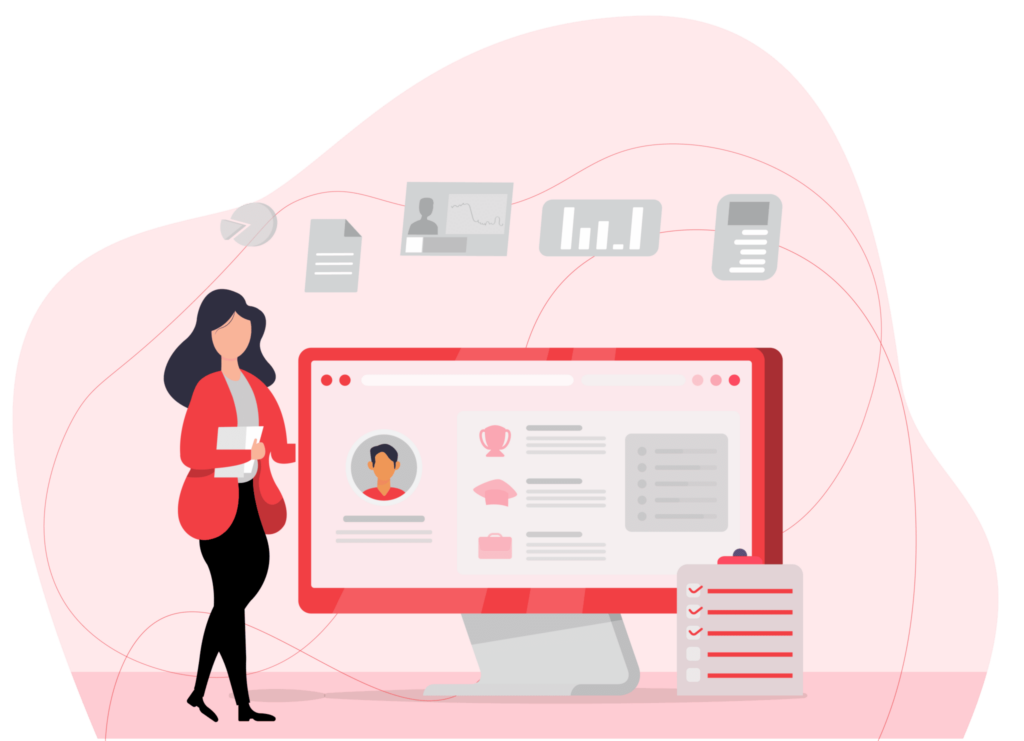Frequently Asked Questions for .NET Core
A .NET Core assessment is a process of evaluating the skills and knowledge of a .NET Core developer. .NET Core is a free and open-source, cross-platform framework for building modern applications. It is designed to be used for building a wide range of applications, including web, mobile, desktop, gaming, IoT, cloud, and AI. .NET Core is built on top of the .NET Standard, a set of APIs that are common across all .NET implementations. This means that .NET Core applications can be built to run on any device or operating system that supports .NET Standard.
The .NET Framework provides services that include: Memory management, Type and memory safety, Security, Networking, Application deployment, Data structures, and APIs. The purpose of a .NET Core assessment is to assess a developer’s knowledge and skills and to determine whether they have the necessary expertise to contribute effectively to a .NET Core project.
- Web Developer
- Backend Developer
- Javascript Developer
- OOPs Concept
- Polymorphism
- Inheritance
- MVC
- Abstraction, Encapsulation, And Interface
- Developing and maintaining the business logic of an application.
- Implementing UI designs using HTML, CSS, and JavaScript.
- Integrating with back-end APIs and databases.
- Debugging and troubleshooting issues in the application.
- Collaborating with other team members, including designers and QA testers.



